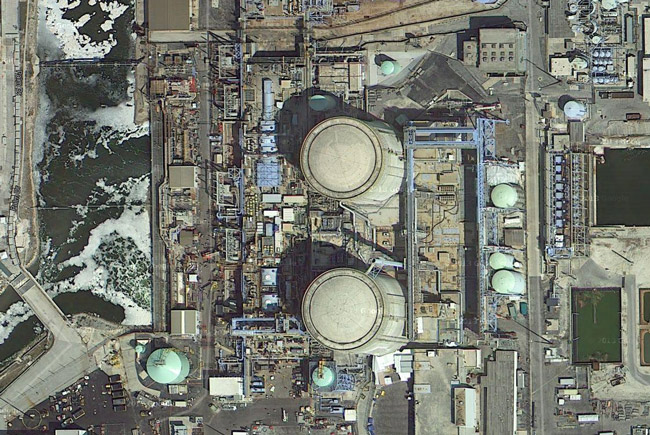
Florida Power & Light customers will pay nearly $43.5 million next year for nuclear-power projects, including $16.2 million for a plan to eventually build two new reactors in Miami-Dade County, state regulators decided Tuesday. Most of Palm Coast and Flagler County is served by FPL.
The project costs will have relatively little impact on customers’ monthly bills. A residential customer who uses 1,000 kilowatt hours of electricity a month will pay about 46 cents. This year, FPL customers are paying $1.65 a month.
But the costs are part of a broader debate about a 2006 law that has allowed FPL and Duke Energy Florida to collect money for nuclear projects that will not produce electricity for years — if ever. The controversy has particularly focused on Duke, which in August announced that it would scrap plans to build two reactors in Levy County after the utility and its predecessor, Progress Energy Florida, collected hundreds of millions of dollars from customers.
Those customers are not getting their money back–nor would FPL customers get money back should the company eventually decide to alter or scrap its nuclear-power plans for South Florida. (Turkey point is 24 miles south of Miami.) Utility companies, including FPL, have increasingly found that natural gas-powered plans tend to be the more cost-effective as natural gas resources (and known domestic reserves) have grown significantly in recent years, lowering the price of natural gas, while nuclear power plant construction costs have continued to surge.
The $16.2 million approved Tuesday by the state Public Service Commission will go toward licensing, permitting and engineering for FPL’s proposal to build reactors at its Turkey Point complex in Miami-Dade. The reactors would begin producing electricity in 2022 and 2023 and are ultimately projected to cost $12.7 billion to $18.5 billion. But last month, the Miami herald reported that FPL told regulators that “it can’t guarantee what new reactors will cost consumers, when the reactors will deliver energy, or even if it will get a license to finish the job.”
The year 2022 is the earliest possible for the completion of the project. Nuclear projects have notoriously run overtime and over budget.
“I’m glad to see Florida Power & Light is proceeding with this project,” Balbis said before the commission voted unanimously to approved the costs.
State Public Counsel J.R. Kelly, whose office represents consumers in utility issues, said he did not object to the $16.2 million for the proposed reactors.
“They’ve taken a step approach, and we didn’t have any issues with that,” Kelly said.
But the Southern Alliance for Clean Energy, which has long fought against the nuclear costs, issued a statement saying the Public Service Commission played “lap dog” to FPL. The group contends, in part, that customers are paying for proposed reactors that likely will never generate electricity.
“The system is clearly broken in Florida in terms of energy planning — we have a PSC beholden to big power companies that time-after-time turns a blind eye to the realities that every day Floridians are facing,” Stephen A. Smith, executive director of the Southern Alliance, said in a prepared statement.
The remainder of the $43.5 million that customers will pay next year stems from projects to upgrade existing FPL reactors. Those projects are finished, but FPL said the costs are related to reconciling projections against actual expenses. The Office of Public Counsel raised objections about the upgrade projects because of costs that were higher than projected.
While a 1,000-kilowatt-hour residential customer will pay 46 cents a month in the nuclear costs next year, that is down from $1.65 in nuclear costs that the customer pays this year.
–Jim Saunders, News Service of Florida, and FlaglerLive





























John Adams says
You can put your hands up now. The robbery is taking place. Hand over your wallet to the FPL masked men.
Sherry Epley says
In my mind, this is exactly what happens when we shed the “big bad government” (NOT!) and privitize virtually everything, but especially vital services. We need to move control of our public utilities back into the hands of the voter. NO NUKES IN FLORIDA!